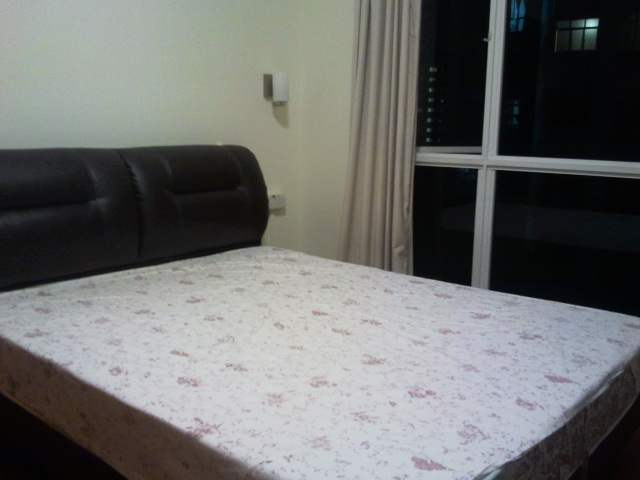
When should you avoid a mortgage and buy a house for cash? Well, it depends on the relationship between the investment and mortgage interest rates and on how disposable income is managed. Suppose a woman named “Lauren” wants to buy a $200,000 house and she has $300,000 in savings and $2,000/month in disposable income. In our example, Lauren has two options: she can either buy the house for cash; or, take out a fifteen-year, 4%, no fee $180,000 mortgage. The latest development by City Developments Limited is Penrose Sims Drive at Aljunied MRT Station. Please see Penrose site and floor plans and the financial options here.
So, which option should Lauren choose? First, calculate her future net worth at the end of the period in question, for each of the given scenarios. Use a period of fifteen years, assuming she either pays off her loan at the end of fifteen years or stays in the house for fifteen years following her cash payment.
Lauren’s net worth in fifteen years, if paying cash for her house, is $987,697. A 4% mortgage and investment rate and a 3% yearly increase in property value are assumed. We arrive at Lauren’s net worth by calculating and totaling the future values of her $2,000/month disposable income, invested monthly ($492,181), the $100,000 left over from her home purchase ($182,030) and of her house ($313,486).
If Lauren takes the mortgage, her end net worth is the same as if she had just paid cash for the house. While her mortgage payment cuts her monthly disposable income down to $669, she only had to initially spend $20,000 out of $300,000 to secure the house. So, the future value of Lauren’s disposable income, invested monthly, is $164, 526; the future value of her $280,000 savings is $509,684; and her house’s value at the end of fifteen years is $313,486. Adding these three values up, we find that her end net worth is $987, 697.
Here’s where differing mortgage and investment interest rates come in. If the investment rate is lower than the mortgage rate, Lauren loses money with a mortgage and should buy the house for cash. An example is if she gets a 4% mortgage when the investment rate is 2%. This would give her an end net worth of $831,558. Inversely, if the investment rate is higher than the mortgage rate, she benefits from taking the mortgage. This is what happens if the investment rate is 8% and the mortgage rate is 4%; her final net worth is $1,470,772. However, interest earned on investments is taxed, while mortgage interest paid can be deducted from your taxable income. This can sometimes make getting a mortgage a more attractive option.
A final important consideration involves how disposable income is used. These calculations assume that, in both scenarios, all disposable income is invested. If, in both cases, all disposable income is spent, Lauren’s end net worth is twice as high when she gets a mortgage than when she just pays cash.
Investing in Singapore Condos can be a great option for those looking to generate capital gains or rental income. With a stable economy and high demand for housing, the condo market in Singapore is a popular choice for property investors. Condos offer the potential for long-term appreciation in value, making them a sound investment for capital gain. Additionally, with a growing population and limited land availability, renting out a condo in Singapore can provide a steady stream of rental income. With well-maintained facilities and amenities, Singapore Condos are attractive to tenants and can generate high rental yields. Overall, investing in condos in Singapore offers both long-term growth potential and a steady stream of passive income.
